Meet our pioneer: Salma Abdelsamie
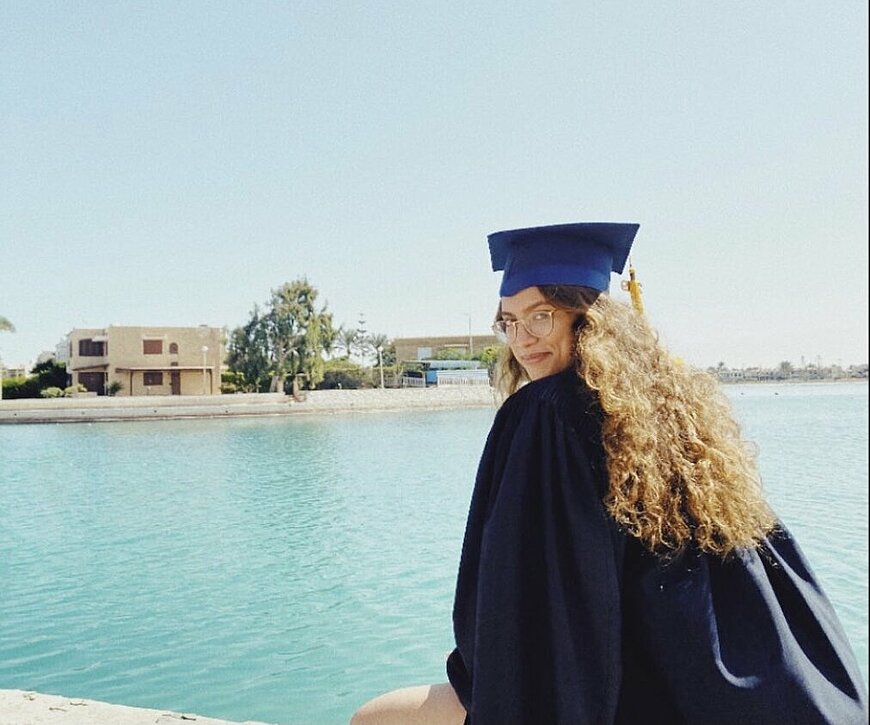
In Brainport Eindhoven we change the world because here we develop key technologies that change society. We can only do this thanks to our pioneers. That’s why we would like you to meet one of our pioneers: Salma Abdelsamie.
Who are you?
My name is Salma Abdelsamie. I’m 22 years old and I am originally from Egypt. I moved to the Netherlands in 2017 to start my studies at the TU/e and in August 2020 I went to Cairo due to COVID-19 to help my mother
What do you study?
I graduated in October 2020 with my bachelor of Architecture, Urbanism and Building Sciences at TU/e. I wasn’t sure which track to specialise in during my first year but when I came across Urbanism, I knew that was the one for me. In this, I focused on Urban Development and in particular Sustainable Urban Development. I ensure that cities and public spaces are designed smartly and sustainably.
Why did you choose TU/e?
From an early age, it was clear to me and my family that I wanted to study abroad. I wanted to experience an international educational setting and I knew it would be best for me to get that outside of Egypt. I chose to stay closer to my family so that meant staying in Europe compared to the other side of the ocean. Studying in England was simply too expensive which left the Netherlands as the option for me. I also knew people who also happened to be studying in Eindhoven and who were very positive about it, so for me, the choice for TU/e was clear.
What was it like leaving your family to move to the Netherlands?
It was not easy but I was ready for it so I was more mentally prepared. I've lived and grown up there but I’ve also travelled a lot. For example, I've gotten to go to India, Greece, Dubai, the Netherlands, and Switzerland with my friends as we were growing up but also to other parts of the world like the US, Germany, and France on my own. So, my family understood that I was going to be happy experiencing university abroad.
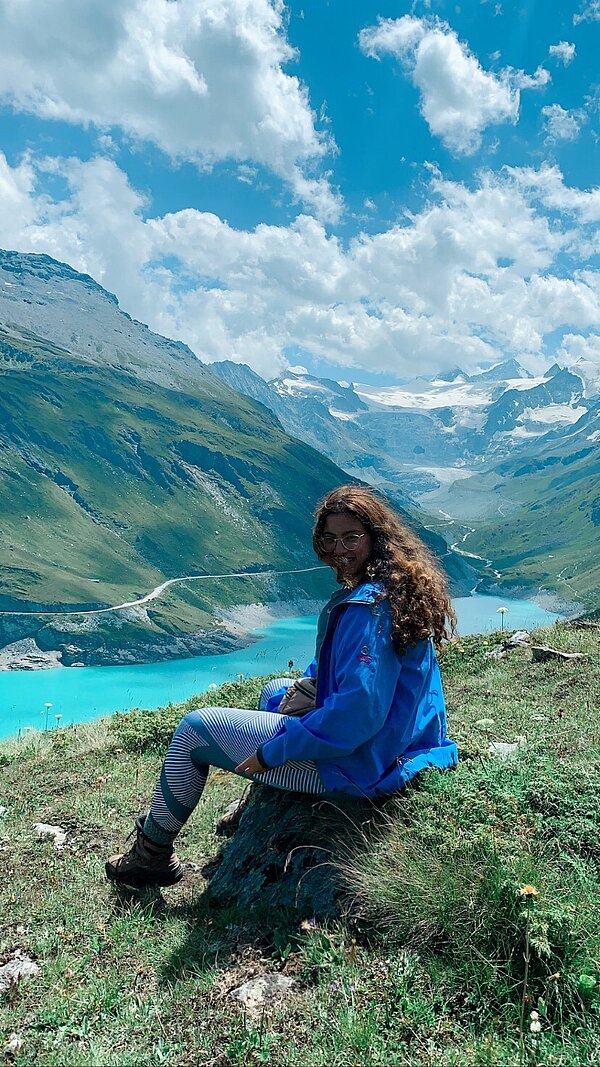
Up to my final minute at Cairo Airport, my father was asking me if I was sure about my decision because of course, he would have missed having me around. But, he knew I wanted this, so he supported me in everything I decided to do. My elder sister also joined me when I first came to the Netherlands. She helped me settle in so I wasn't all alone. That was very nice of her. Once I was here, it was a bit uncomfortable, like ‘now what?' But after a few days, I settled into my new life here. During my first year, I was going back to Egypt a lot and the years after, I was lucky to be able to spend my summers back home And, during the lockdown I also went back to my mother to help her, so even though there were a lot of moments when I was feeling very homesick, I also always had a moment to look forward to for when I would be returning.
"My family advised me to study architecture or some other engineering degree with more opportunity, as they believe that in Egypt there hadn’t been much space for women in astrophysics or aerospace engineering."
Salma Abdelsamie
Why did you choose this study?
I've always wanted to study astrophysics or aerospace engineering. But my family advised me to study architecture or some other engineering degree with more opportunity, as they believe that in Egypt there hadn’t been much space for women in astrophysics or aerospace engineering.
How does it make you feel that you do a different study than you wanted because otherwise you could be discriminated against?
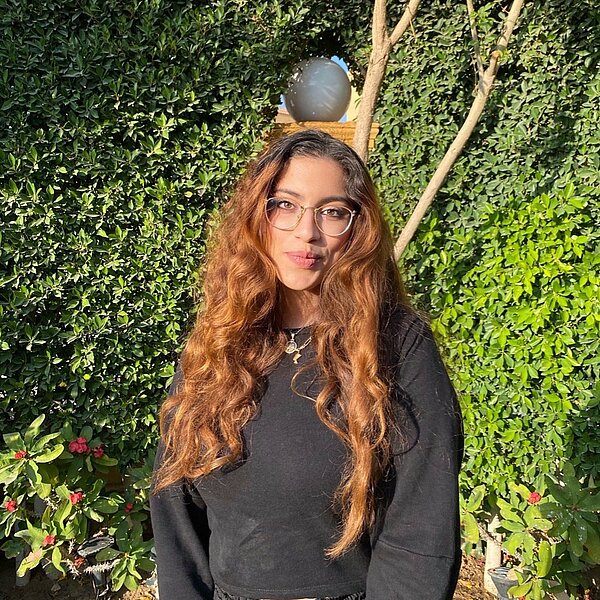
My current study isn't something I didn't want to do, so I didn’t mind in that sense. I knew from an early age about the inequality in certain fields and I understood my parents always wanted the absolute best for me. It was something I experienced myself in high school. There was a physics teacher who ignored me and put me down. He claimed I wasn't good enough and discouraged me from taking the course. He even refused to grade my assignments but I did well regardless.
Anyways, in my study, there is a lot of attention paid to sustainability, and that is of course also an important aspect of space travel. And next to my passion for space, sustainability is one of the guiding concepts in the way I live and learn. That's why I still do find ways to exercise my passion.
Are you going to do a master's after this?
Predominantly because of finances, I will not be doing a master’s immediately. And I take it as a way to be very sure about what I want to pursue my degree in I have also discovered that there are opportunities to get involved in space so that opens up more doors. It is difficult because I am easily passionate about different subjects. That's why I'm trying to take some time now to figure out what I want to do in the next few years.
I haven’t been exposed to doing astrophysics at this level of education of course so it becomes foreign to me the idea of pursuing my master’s in that field. With 3 years of exposure to sustainability in the built environment, it becomes more exciting for me to find a niche such as applying those concepts to other space exploration concepts and such. For example, there are new fields in the grander field of space exploration such as space architecture which is only started becoming an area of study in very recent years. . With talk of the habitability of other planets, new niches arise. You need infrastructure for that and that is a very new and interesting field in which you can apply prior conceptual knowledge but will need to account for the extreme conditions and then design from scratch for a new planet!
"I have found my ways to engage in astrophysics and aerospace engineering. For example, together with Aabharan Hemanth, I founded the student team Aster."
Salma Abdelsamie
How are you currently pursuing your passion for aerospace?
I have found my ways to engage in astrophysics and aerospace engineering. For example, together with Aabharan Hemanth, I founded the student team Aster. We know each other from the TU/e and we both have a passion for space. And, Aster offers the space for other women who want to engage, learn, apply, or simply join a community. , Growing up, space was always marketed for men. Just look at Star Wars or other Sci-fi movies and series, the leads, storyline and language were created with boys in mind. That's different now, thankfully. And through Aster, I had the opportunity to meet Dr Mindy Howard (ed. TU/e alumna TU Eindhoven & CEO Inner Space Training: in 2023 she will be the first female Dutch astronaut as a trainer for commercial space flight) and it was a great opportunity to hear from her and the work she does for women in STEM with Brainport. Aster opened doors for me to do more than just urbanism.
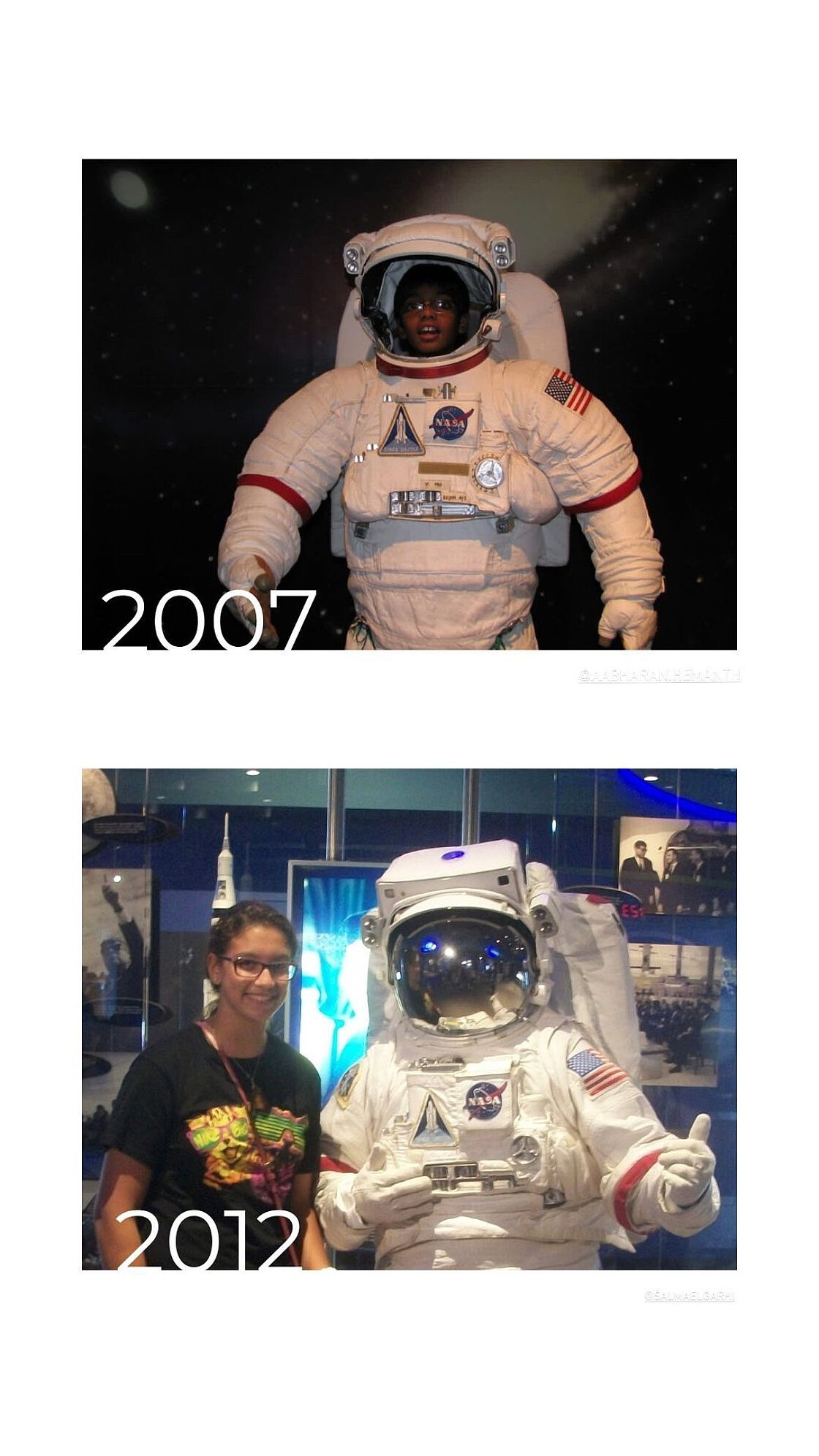
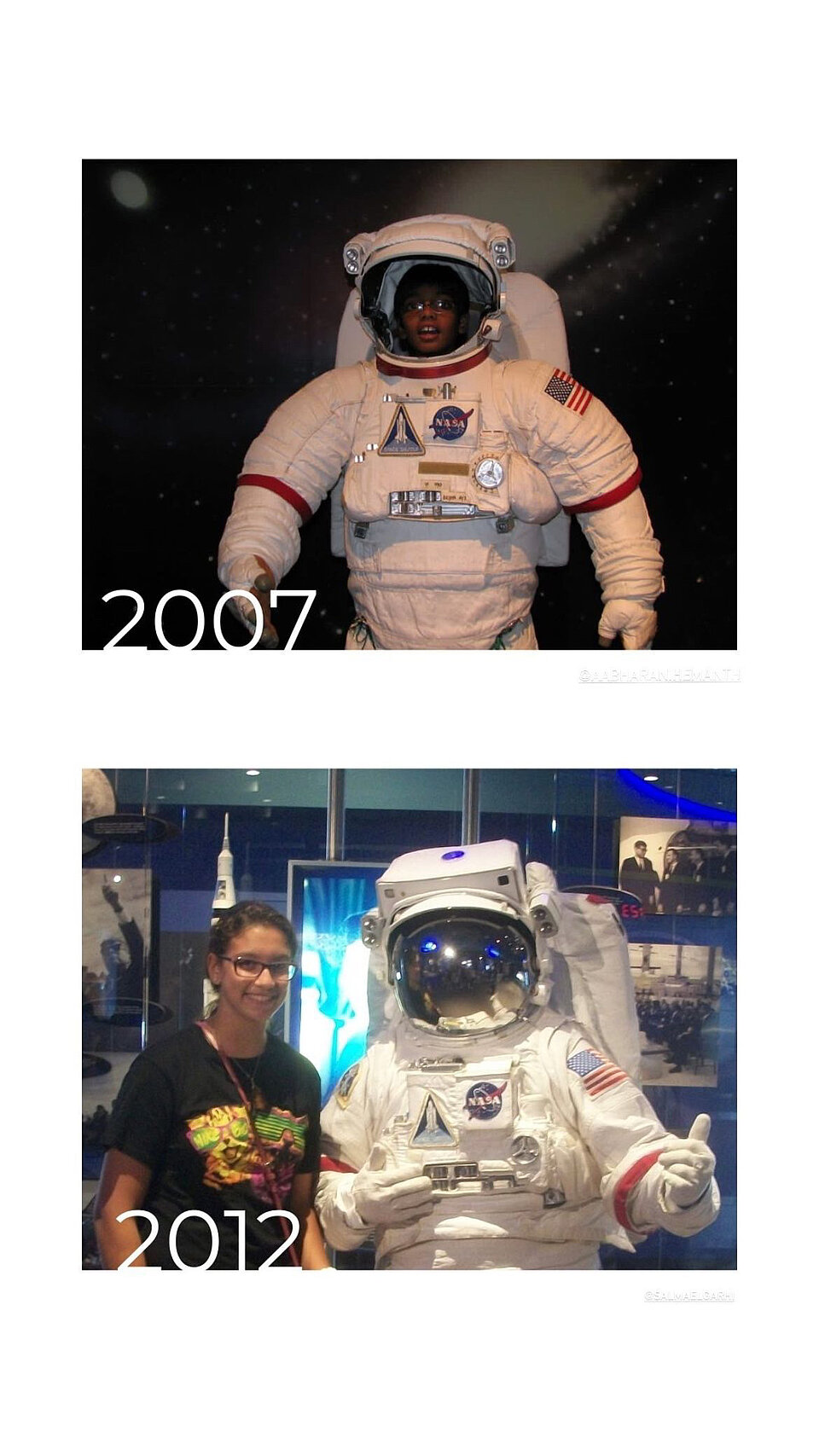
And in the scenario I decided to continue here, I will have more opportunities to work in aerospace after all. So that's a real option for me now. At the moment I'm focused on the Netherlands, but I can't predict what will happen in five years. Returning to Egypt seems difficult because I have now built my life here and have developed myself into who I am today. I look at life differently now.
"It’s also about building a community in which we can exchange information and ideas."
Salma Abdelsamie
What can you tell about Aster?
In high school, I discovered that I am good at astrophysics. That was mainly an interest. I watched movies and learned about them in my spare time. I also wanted to work on it during my studies, but there was no offer. No courses and no student team. When I heard from Aabharan that there was a WhatsApp group of students about space, I immediately wanted to be added. When there was talk of setting up a space student team, I jumped at it, wanting to make sure that other students after me can then have this opportunity. Aster now consists of 11 students from all kinds of studies, working on developing a few main projects but starting with one thing at a time. It’s also about building a community in which we can exchange information and ideas. The more open you are, the more you encourage people to read more or attend lectures. But we're also just going to watch a movie about space together. Those are nice things, especially after the pandemic.
We also felt that at this point, the TU/e needed a space team, because we have the talents, there’s passion and there’s momentum.
What have you learned so far from setting up a student team?
In the beginning, I thought it was going to be manageable to set up a student team, but it was quite the amount of work. I thought I had enough experience, but there are a lot of things I hadn’t foreseen. That's okay, but you do have to learn how to deal and adapt, be able to work with different personalities. I learned about the paperwork and the forms but more importantly, the human factor of making it work, of convincing the rest of your beliefs and your work.
What do you think about studying and living in Brainport Eindhoven?
It's a bit confusing at first to move from a huge city to a small city. For example, I had to get used to limited opening hours. But it has its charm. I am also very grateful for my friends, who helped me get used to life here.
Studying in Eindhoven reflects living in Eindhoven. I can fully understand why TU/e exists here like that. It fits very well. Just look at the Dutch Design Week, the Dutch Technology Week and GLOW. Many things are happening throughout the year that from my perspective are a good reflection of the culture of Eindhoven and the university. During the DDW, for example, you can also see very well how the TU/e and the Design Academy merge very nicely. It is very focused on students and that is a lot of fun.
"Many things are happening throughout the year that from my perspective are a good reflection of the culture of Eindhoven and the university."
Salma Abdelsamie
What else would you like to tell international students in Brainport Eindhoven?
Know that you have support. Many organizations will make sure you have all the resources you need. It can be very different here from your home country, but you are going to get to know a lot of students from other countries and that helps you. You'll get used to it here.
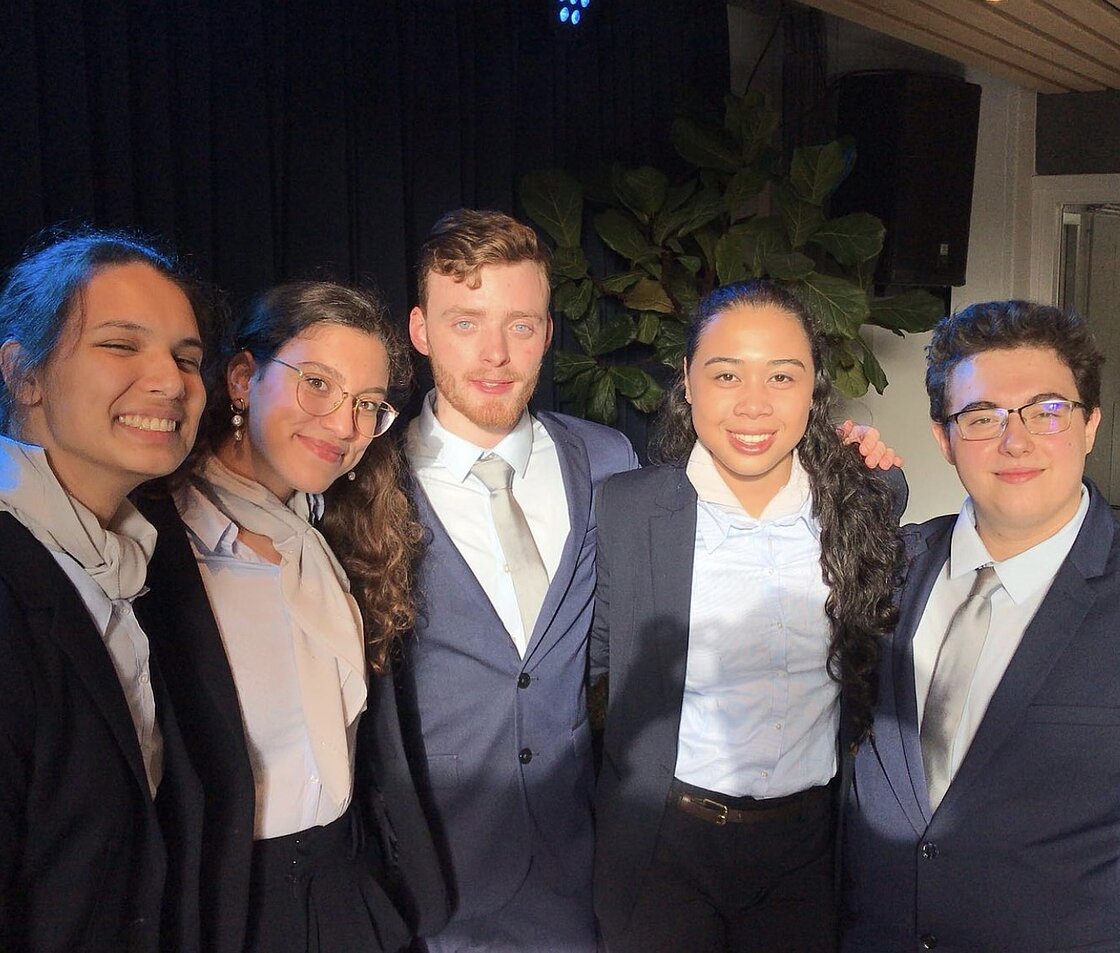
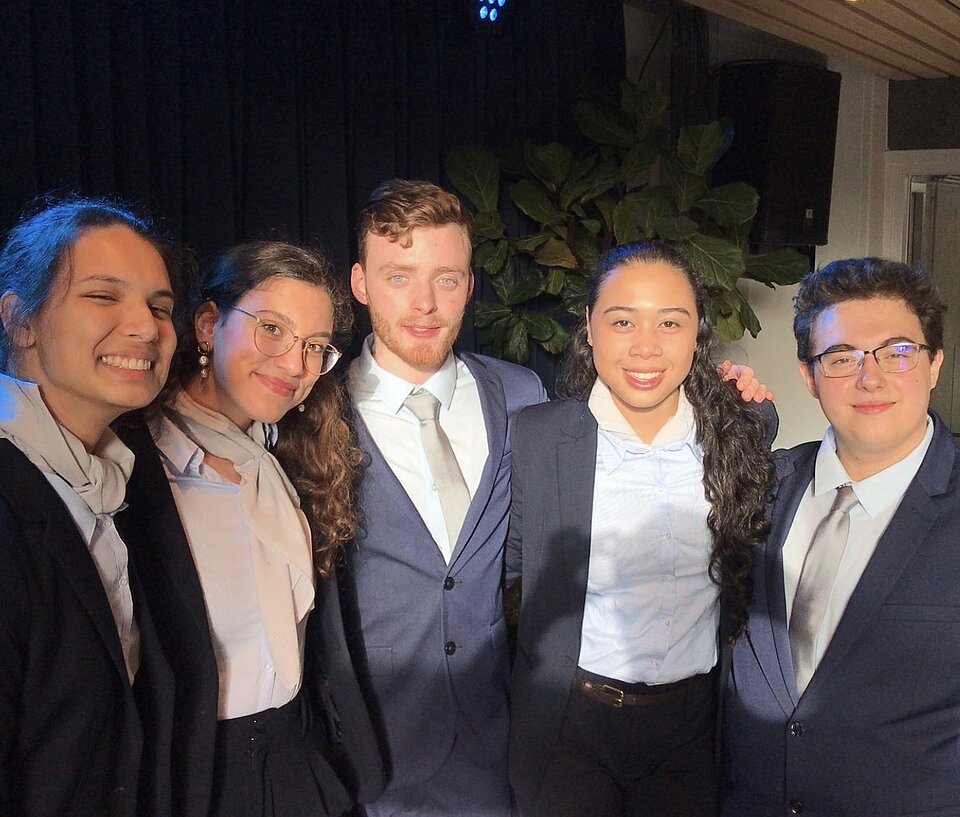
I also have one more piece of advice for students in general: take up space. In the beginning, I was quite shy. But once I started working with the student team and the things I wanted to do more – as I became more assertive – it was a very different experience. I am very grateful for that. Do things you enjoy and don't stress too much about the timing of your studies. Make the time for the things you care about and take the liberty of expanding your horizons with student teams, associations, or your hobbies.